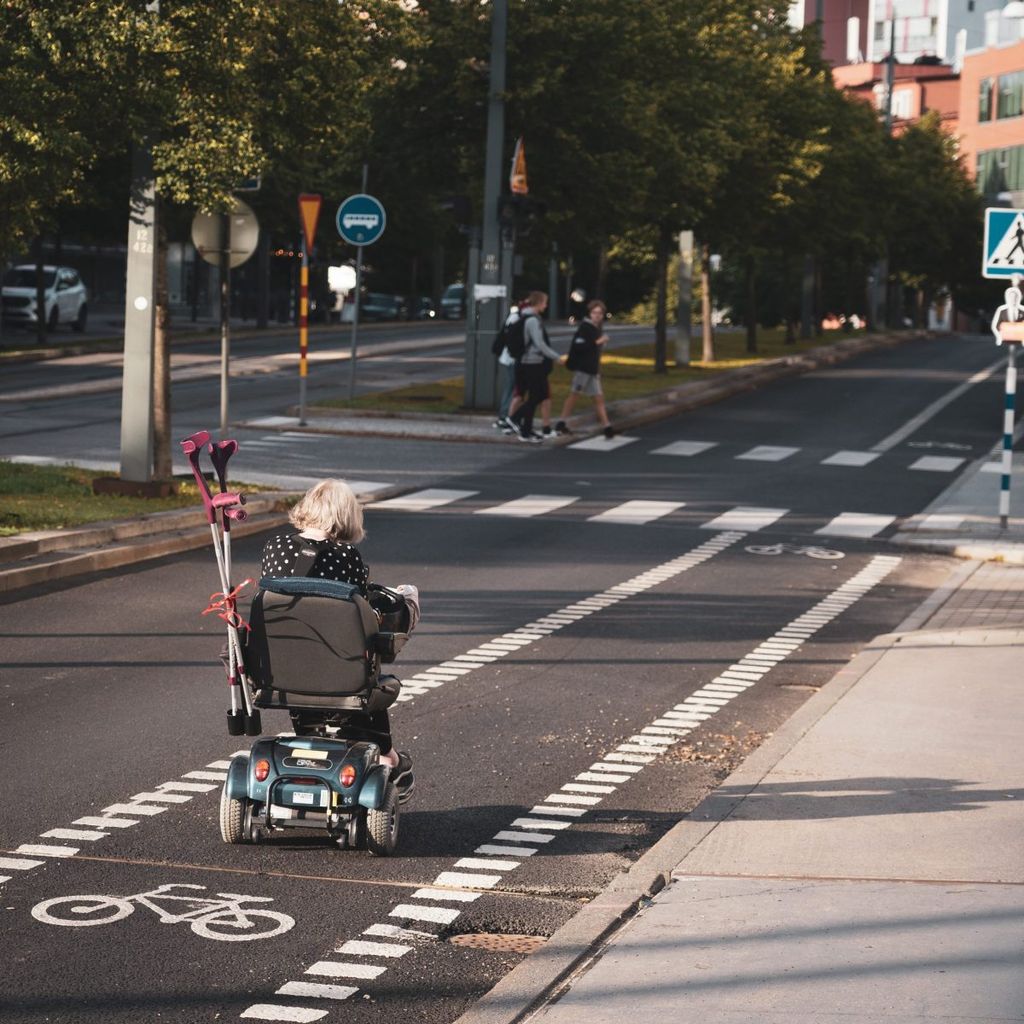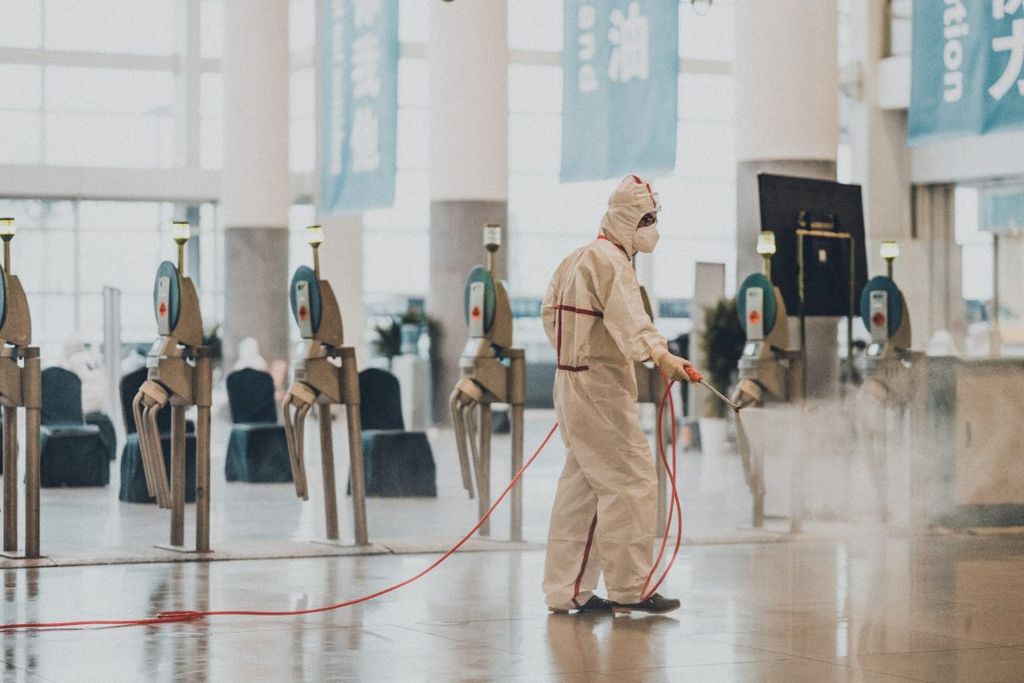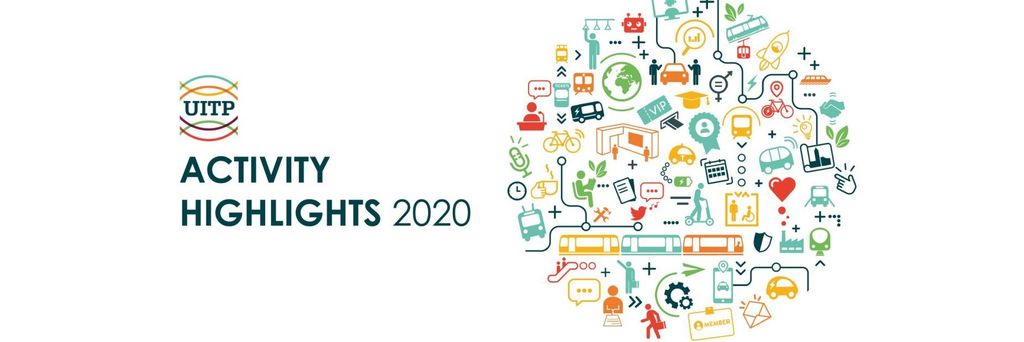
Our latest open letter to the European Institutions: the next stages for public transport during COVID-19
At the European level, UITP works closely with the EU institutions on a broad range of topics.
At the heart of that connection is the constant outreach to advocate for our European members and the public transport sector across the continent.
This has become even more important as Europe, and the world, faces the ongoing difficulties with living through the coronavirus pandemic.
Considering the impacts of COVID-19, UITP joined forces last month with the IRU, Polis, EuroCities and CER to issue an Open Letter to the President of the European Commission, Ursula von der Leyen, President of the European Council Charles Michel and David Maria Sassoli, President of the European Parliament calling for their ongoing support now, and in the times that lie ahead.
As we face these next steps, UITP has taken the opportunity to address the European institutions on the progressive resumption of services and the survival of urban public transport and local mobility services, in an Open Letter sent in the lead-up to the next EU Council meeting (23 April 2020).
With the progressive resumption of services expected in the coming days and weeks, the sector will have to face multiple complex challenges in order to play its part in post-lockdown strategies.
The local public transport sector will have to adapt to the phasing out of travel restrictions and the phasing in of various types of activities as the entire ecosystem of the sector will have to fight to survive this crisis; to rebuild trust in public transport in the post-COVID-19 period and, ultimately, to come out the other side stronger.
By issuing a second Open Letter to better reflect where we now stand, UITP Europe would like to illustrate the current situation in three parts.
The lesson from the COVID-19 crisis is that early action is essential and this lesson also applies to the fight against climate change and other sustainability risks.
As the economy recovers, it should be steered towards a Green Deal compatible growth. Given the economic consequences that the sustainable public transport sector is facing due to the crisis, it is vital that the EU prioritise political and financial support for sustainable urban modes of transport.
What is clear is that the continuity and survival of the public transport and local mobility services is essential for Europe and all European citizens – and especially for the many professionals depending on a well-functioning local transportation network to go about their daily lives.
Public transport systems are vital to the economic recovery and for keeping the Green Deal and the climate change agenda on track.
As the discussion on the future direction of public transport continues, UITP is also releasing a new Knowledge Brief: Covid-19 pandemic: Resuming public transport services post-lockdown, addressing the necessary topics, such as operations and business, health, and the required steps that have been taken, and need to be put in place, for the sector to adapt.
Though the pandemic is still active, it’s important to anticipate the progressive lifting of the lockdown and prepare to swiftly resume operations in due time. However, many issues will have to be addressed before public transport services can be operated in full capacity to answer the demand for mobility.
The public transport sector must be prepared for what the easing of lockdown restrictions will look like as moving around our cities will change.
become a member





